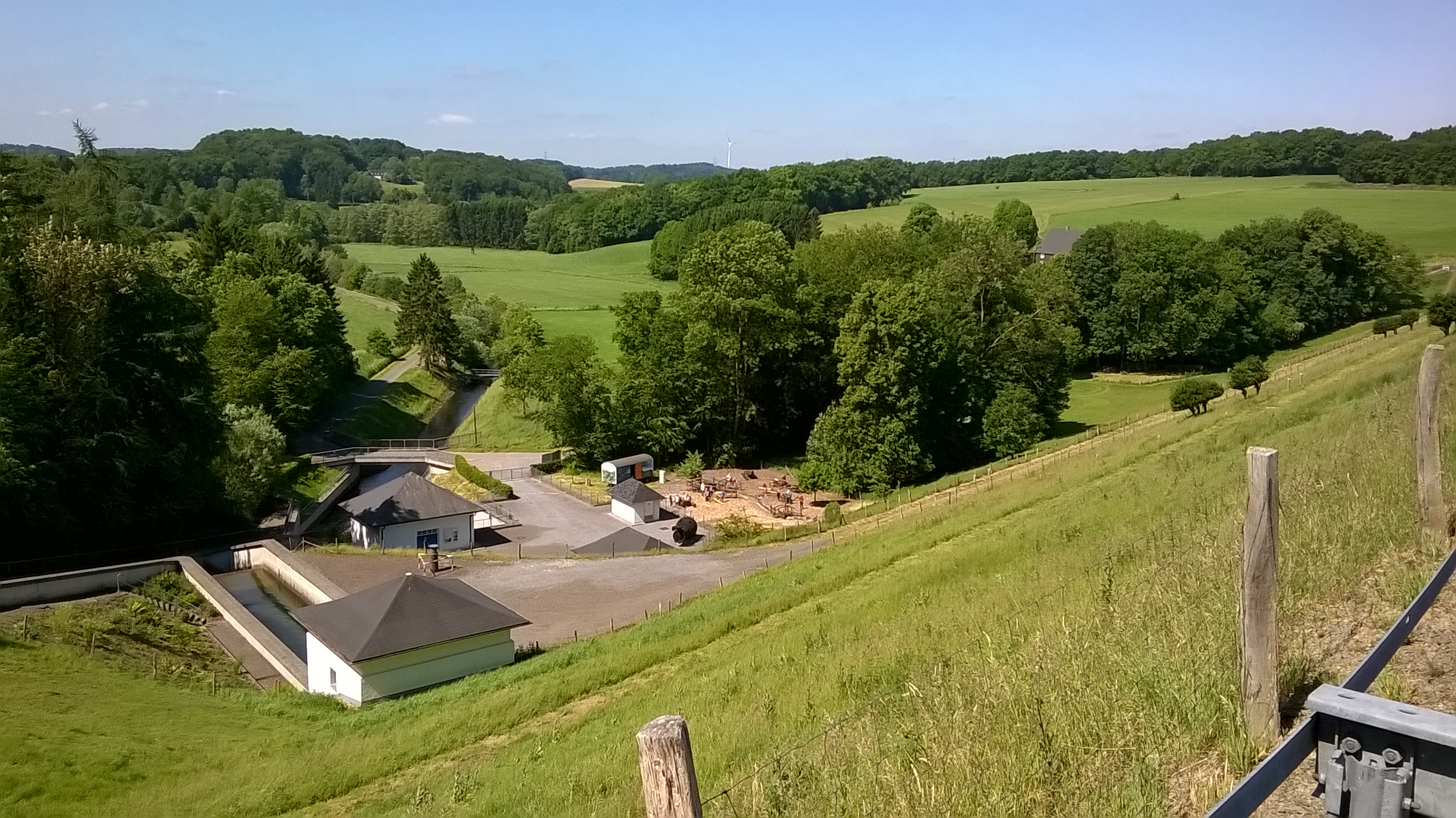
On Monday, June 8th, Daniel Nüst, Simon Jirka and Christoph Stasch participated in the TaMIS (dam measuring information system) project kick-off meeting at the Bever Valley Dam (Bever-Talsperre) in North Rhine Westfalia. It also included a guided tour of the dam’s control corridor and its measurement technology.more >